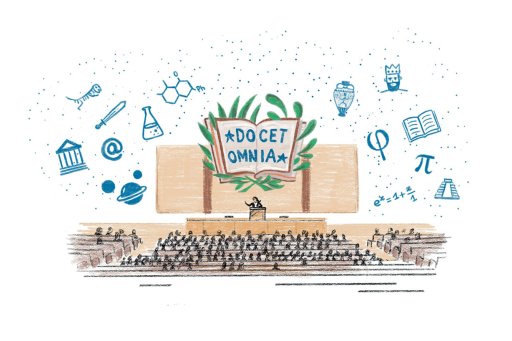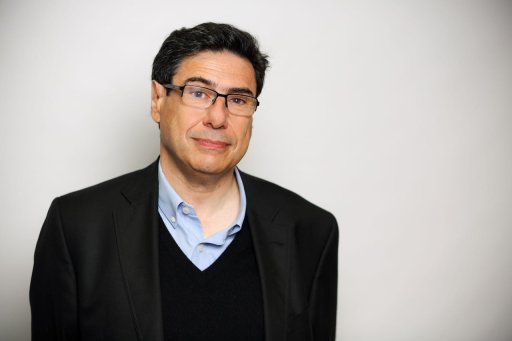A Collège de France coproduction - CNED
Extract
"In my opinion, the study of dead civilizations is an irreplaceable tool for maintaining control over assertions concerning the identity of one's community, country or continent, no less than over the identity discourse of others. You won't be surprised if I tell you that the history of religions of the past - or of religions in the past - has a mission to play a key role in this control. By opposing sectarian discourse with the universal weapons of history, philology and anthropology - in short, the entire arsenal of science and reason - the history of religions of the past enables us to deflate modern myths, those of others as well as our own. It allows us to spot the projection of nationalist, religious or racist fantasies into the imaginary past of "origins", and to disarm the outrageous interpretations that can be made of sacred texts. Within nations inherited from the 19th century, ancient history can help to deconstruct the representation that nation-states sometimes make of their past, by showing that despite their apparent proximity, their "ancestors", often supposedly, are as far removed from today's society as the inhabitants of the antipodes, and hardly conformed to the image given of them. It allows us to challenge the "Greek miracle", the "Roman genius", the "Germanic superiority", or the Hegelian dialectic which holds that religions and history tend towards Christian monotheism (...)".









